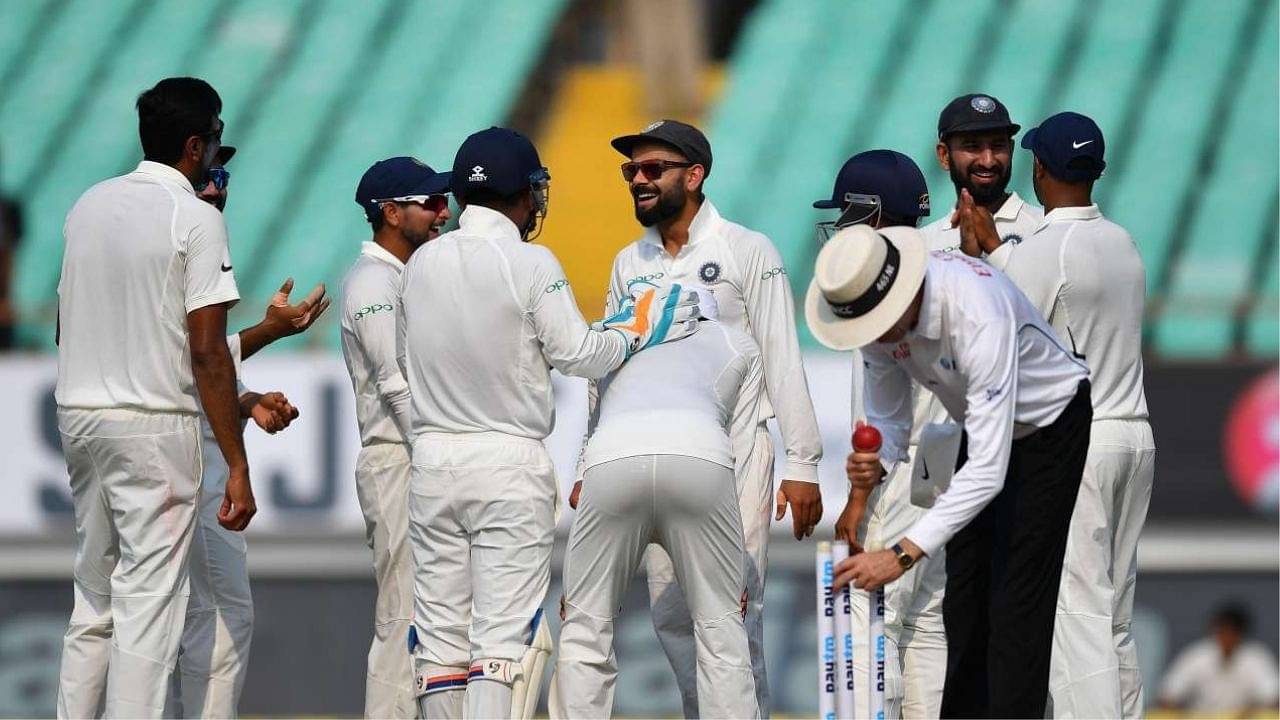

If they then decide together that this action does constitute a refusal to play by one side, they shall so inform the captain of that side. If so, the umpires shall award the match to the other side.ġ6.3.2 if an umpire considers that an action by any player or players might constitute a refusal by either side to play then the umpires together shall ascertain the cause of the action. Regardless of any agreement under Law 13.1.2 (Number of innings),ġ6.3.1 a match shall be lost by a side whichġ6.3.1.2 in the opinion of the umpires refuses to play. The side which has scored in its one innings a total of runs in excess of that scored by the opposing side in its one completed innings shall win the match.

Since 1882, in the Ashes there's been 71 series between the two countries, with Australia winning 33, England winning 32, and six drawn series.The side which has scored a total of runs in excess of that scored in the two completed innings of the opposing side shall win the match.

If we get to the end of all five Tests and the two teams are deadlocked on the same amount of wins, the team that won the last series retains the Ashes.Īustralia currently "holds" the Ashes, so if it's a draw, they get to keep it. What happens if the Ashes ends in a draw? That's only happened twice as well in Test cricket history. In the history of Test cricket, this has only happened twice - first, in 1960 between Australia and the West Indies, and then again in 1986 between Australia and India.Īnother rare thing happens: Both Australia and England score the exact same amount of runs but time expires on the fifth day - it's a draw. Both Australia and England lose all their wickets and score the exact same amount of runs. Something incredibly rare happens: It's a tie. A batter can get out if the ball is caught before the bounce.


 0 kommentar(er)
0 kommentar(er)
